Portal:Bahrain
The Bahrain Portal
Bahrain (/bɑːˈreɪn/ ⓘ bah-RAYN, /bæxˈreɪn/; Arabic: البحرين, romanized: al-Baḥrayn, locally [æl baħˈreːn] ⓘ), officially the Kingdom of Bahrain, is an island country in West Asia. It is situated on the Persian Gulf, and comprises a small archipelago made up of 50 natural islands and an additional 33 artificial islands, centered on Bahrain Island which makes up around 83 per cent of the country's landmass. Bahrain is situated between Qatar and the northeastern coast of Saudi Arabia, to which it is connected by the King Fahd Causeway. The current population of Bahrain is 1,870,817 as of May 14, 2023, based on elaborations of the latest United Nations data, of whom 712,362 are Bahraini nationals. Bahrain spans some 760 square kilometres (290 sq mi), and is the third-smallest nation in Asia after the Maldives and Singapore. The capital and largest city is Manama. Bahrain is the site of the ancient Dilmun civilization. It has been famed since antiquity for its pearl fisheries, which were considered the best in the world into the 19th century. Bahrain was one of the earliest areas to be influenced by Islam, during the lifetime of Muhammad in 628 AD. Following a period of Arab rule, Bahrain was ruled by the Portuguese Empire from 1521 until 1602, when they were expelled by Shah Abbas I of the Safavid dynasty. In 1783, the Bani Utbah clan captured Bahrain from Nasr Al-Madhkur and it has since been ruled by the Al Khalifa royal family, with Ahmed al Fateh as Bahrain's first hakim. In the late 1800s, following successive treaties with the British, Bahrain became a protectorate of the United Kingdom. In 1971, it declared independence. Formerly an emirate, Bahrain was declared an Islamic constitutional monarchy in 2002. In 2011, the country experienced protests inspired by the regional Arab Spring. Bahrain's ruling Sunni Muslim Al Khalifa royal family has been criticised for violating the human rights of groups including dissidents, political opposition figures, and its majority Shia Muslim population. Bahrain developed the first post-oil economy in the Persian Gulf, the result of decades of investing in the banking and tourism sectors; many of the world's largest financial institutions have a presence in the country's capital. It is recognised by the World Bank as a high-income economy. Bahrain is a member of the United Nations, Non-Aligned Movement, Arab League, Organisation of Islamic Cooperation and the Gulf Cooperation Council. Bahrain is a Dialogue partner of the Shanghai Cooperation Organization. (Full article...) Selected article -The administrative reforms of the 1920s were a series of British-led reforms that have laid the foundations of modern Bahrain. They took place between 1919 and 1927, but their background extends to the early 19th century. Britain signed a number of treaties with Bahrain in 1820, 1861, 1880 and 1892. The latter two had effectively turned Bahrain into a British Protectorate. Earlier in 1869, Britain had appointed the young Shaikh Isa ibn Ali Al Khalifa as ruler. Shaikh Isa was an autocrat and a feudal overlord whose authority was shared with his family and Sunni tribal allies. The economy was dependent on pearl diving and palm farming. Both sectors suffered from great inequalities; the conditions of the mostly Baharnah (Shia) peasants and the mostly non-Bahraini divers were often compared to slaves. Since the beginning of the 20th century, the British influence in Bahrain has been on the rise; in 1904-5 they extended their jurisdiction over all foreigners and in 1913 issued an Order in Council, which effectively turned Bahrain into a colony. The Order was not implemented until after the end of World War I. The reforms began in February 1919 after the British Political Agent, Captain Bray announced that the Order was effective. Bray's next step to appoint half members of al-Majlis al-Urfi, a council concerned with commercial disputes encountered opposition from Shaikh Isa which led to its suspension. In November, Major H. R. P. Dickson was appointed Political Agent. He introduced the Joint Court, the Municipal Council of Manama and resumed the meetings of al-Majlis al-Urfi. Dickson was resented by the ruler and his tribal allies, but enjoyed the support of Baharnah whom he encouraged to rise against their oppressors. In 1921, Major Daly was appointed Political Agent. Few months later, he started undermining the influence of Shaikh Abdulla, the youngest son of Shaikh Isa, in favor of his older brother and the heir apparent, Shaikh Hamad. Starting from mid 1921, Bahrain witnessed a series of petitions supporting and opposing the reforms. They were submitted to different British officials up to the Foreign Office. The supporting faction was composed of Daly, Shaikh Hamad, his supporters and the Baharnah. The Baharnah demanded equity, as they had to pay numerous discriminatory taxes and were subjected to maltreatment and oppression. The other faction, composed of Shaikh Isa, Shaikh Abdulla, tribesmen and pearl merchants opposed the reforms, because they were set to abolish their absolute powers and superior social class. (Full article...)Selected picture -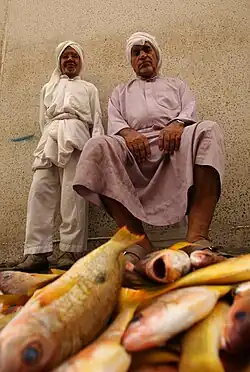 A photograph of a fish market in Bahrain A photograph of a fish market in Bahrain
Related portalsReligions in Bahrain Arab states Other countries Things to do
| |||||||||||||||||||||||||||||||||||||||||||||||||||||
| Part of a series on the |
| Culture of Bahrain |
|---|
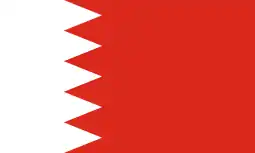 |
| History |
| People |
| Languages |
| Cuisine |
| Religion |
| Art |
| Literature |
| Sport |
| History of Bahrain |
|---|
 |
|
|
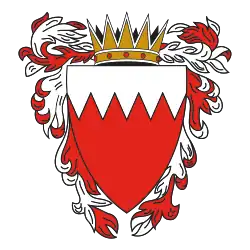 |
|---|
|
|
| Judiciary |
| Administrative divisions (governorates) |
|
|
Categories
Recognized content
| This is a list of recognized content, updated weekly by JL-Bot (talk · contribs) (typically on Saturdays). There is no need to edit the list yourself. If an article is missing from the list, make sure it is tagged (e.g. {{WikiProject Bahrain}}) or categorized correctly and wait for the next update. See WP:RECOG for configuration options. |
Good articles
- 2011 Bahrain Grand Prix
- 2013 Bahrain GP2 Series round
- 2014 Bahrain GP2 Series round
- 2014 Bahrain Grand Prix
- 2015 Bahrain GP2 Series round
- 2015 Bahrain Grand Prix
- Abu Sa'id al-Jannabi
- Al Khawalid
- Bahrain Tamarod
- Bahrain Thirteen
- Bahrain at the 2000 Summer Olympics
- Bahrain health worker trials
- Beit Al Quran
- Bloody Thursday (Bahrain)
- Death of Abdulredha Buhmaid
- Day of Rage (Bahrain)
- Abdul Amir al-Jamri
- Mansoor al-Jamri
- March of loyalty to martyrs
- Matar Matar
- Qal'at al-Bahrain
- Nabeel Rajab
Associated Wikimedia
The following Wikimedia Foundation sister projects provide more on this subject:
-
 Commons
Commons
Free media repository -
 Wikibooks
Wikibooks
Free textbooks and manuals -
 Wikidata
Wikidata
Free knowledge base -
 Wikinews
Wikinews
Free-content news -
 Wikiquote
Wikiquote
Collection of quotations -
 Wikisource
Wikisource
Free-content library -
 Wikiversity
Wikiversity
Free learning tools -
 Wikivoyage
Wikivoyage
Free travel guide -
 Wiktionary
Wiktionary
Dictionary and thesaurus
Sources
-
 List of all portalsList of all portals
List of all portalsList of all portals -
 The arts portal
The arts portal -
 Biography portal
Biography portal -
 Current events portal
Current events portal -
 Geography portal
Geography portal -
 History portal
History portal -
 Mathematics portal
Mathematics portal -
 Science portal
Science portal -
 Society portal
Society portal -
 Technology portal
Technology portal -
 Random portalRandom portal
Random portalRandom portal -
 WikiProject PortalsWikiProject Portals
WikiProject PortalsWikiProject Portals
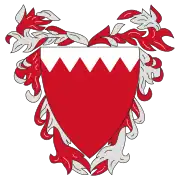
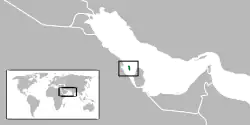

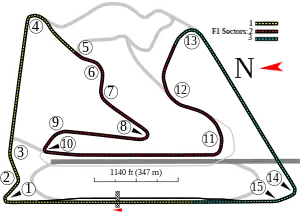
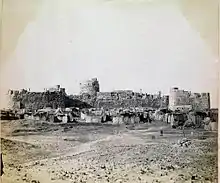


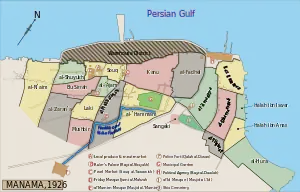
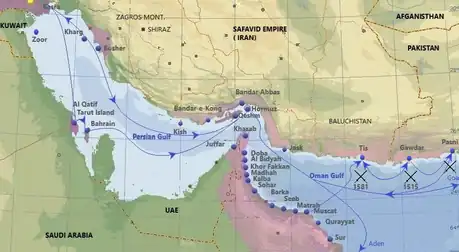
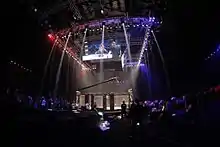
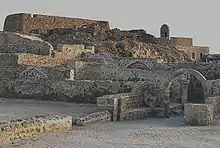
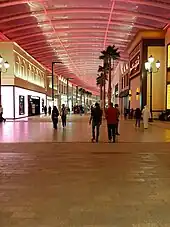
.jpg.webp)
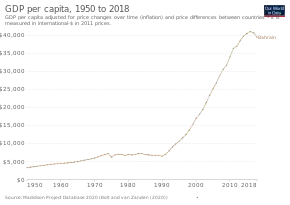
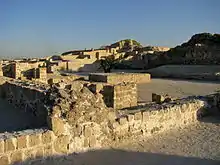
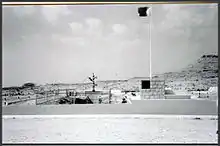
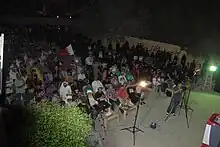
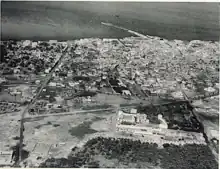
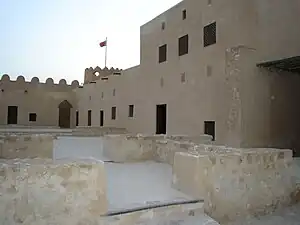
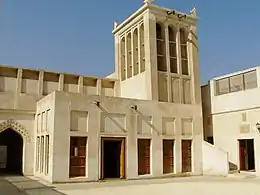
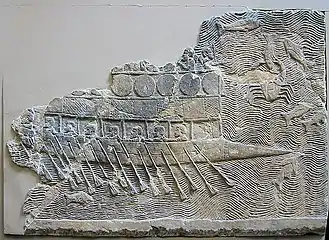

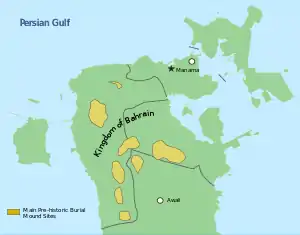
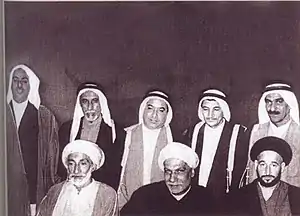
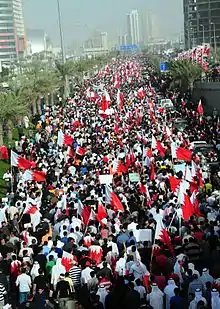
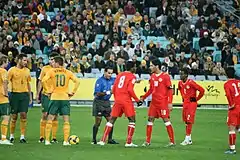
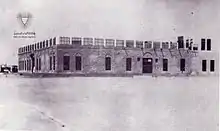
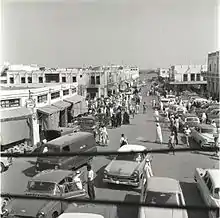
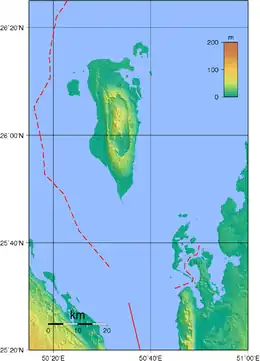
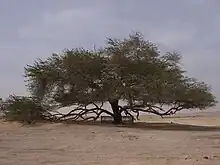

.jpg.webp)

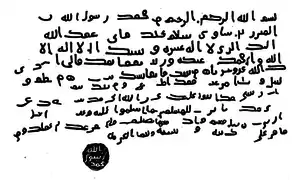


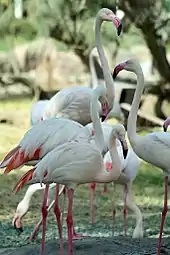

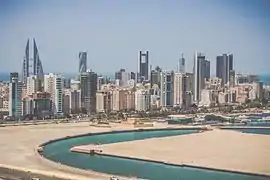
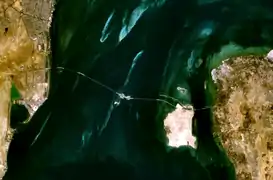
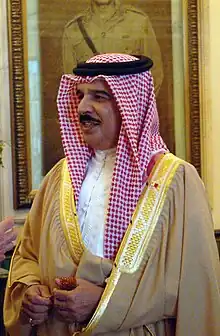

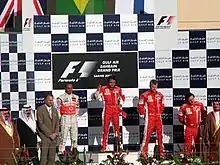
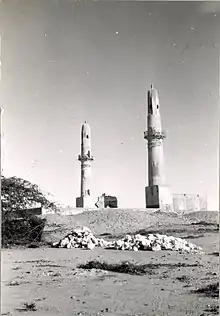
.png.webp)
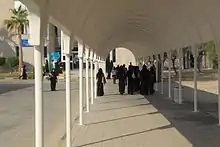

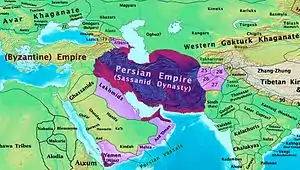
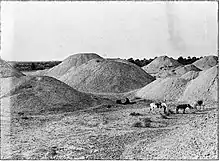
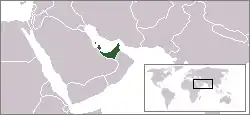
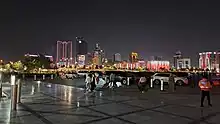
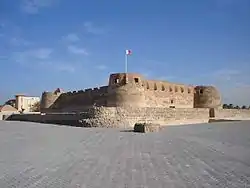
_Bahrain.jpg.webp)


